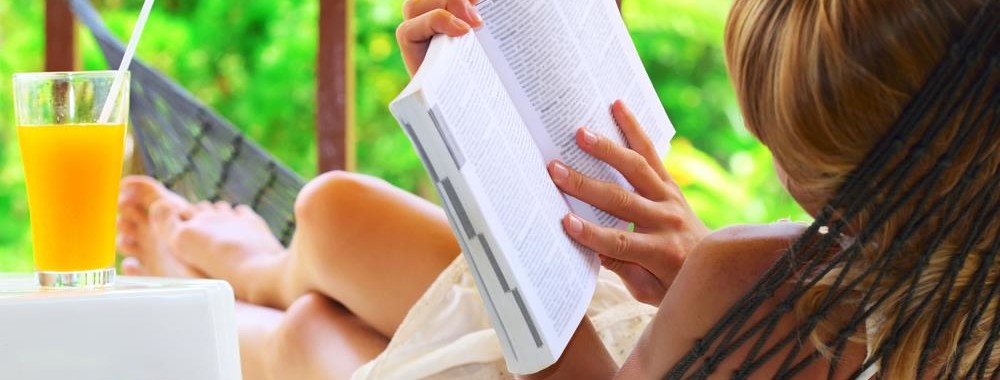Author: Dr. Malie Coyne
Following my recent introduction to the Parental Self-Care series “Put your own oxygen mask on first!”, in this article I will begin with a little personal anecdote to drive home the message that replenishing your “emotional fuel” after it has been depleted is actually an essential parenting skill that your children need you to have in your important role as their “emotional regulator”.
Today was one of the craziest parenting days I have had with my toddler divas. The first, aged 4, had an almighty crying attack in a play centre when I took a piece of blu tack away from her which she had been dearly attached to for the previous 24 hours. I explained that she may lose it during play, only for another child to potentially choke on it, but no good. The crying went on and on and on...
And just when I thought she had stopped, it went on some more, with the whole place looking at us or so I thought. It took everything in me to keep calm and be reasonable, and believe me I would have left had we not been meeting a friend. Silly was I to think the afternoon will surely improve...
Anyway, what followed in the afternoon was a full on show down with my nearly 2 year old who point blank refused to eat any of her dinner. After a gazillion attempts of getting her to eat just one piece of carrot in exchange for her bottle of milk, nothing seemed to work and there followed more and more crying... But I got to hand it to her; she went to bed perfectly content in her stubbornness.
By this stage in the day, I must say I did feel emotionally and physically depleted, in that I found it really difficult to contain my daughter’s emotions, as well my own.
The reason I am recounting this is that it represents the sheer unpredictability of a day looking after children, and just how much energy being constantly on duty can take out of you, the many decisions to make about each situation and potential pitfalls of each decision. Exhausting...
Of course there are also the most amazing moments of being hugged tightly by your little ones and pure delight in seeing them learn about the world for the first time.
However, I am not joking when I say that sometimes I literally feel “traumatized” by the end of a day like today, my mind and body numb and in desperate need of some “me” time or “headspace”.
In both instances above, my daughters’ emotions were literally all over the place and what they needed from me was a calm and measured approach to help them to tolerate the emotional intensity of their feelings and to bring their stress chemicals back to base rate.
As our children’s’ “emotional regulators”, our aim is to establish pathways and systems in their brains which will enable them to do this for themselves in the future.
Without emotionally responsive caregiving, children can have later difficulties in forming and maintaining friendships, in reading their own and others’ emotions, and in developing empathy.
Don’t worry your child won’t suffer long-lasting effects if on occasion you “*lose your cool” and don’t respond in the calm way you would have liked to, as long as you can acknowledge for yourself (and your child) what happened and really try to respond better the next time.
*(For the record what I mean by “lose your cool” is raising your voice, getting angry or losing your patience with your child, as opposed to any physical form of discipline which I totally disagree with and is known to have long lasting psychological consequences).
But it is precisely in those times that you’ve “lost your cool” that you can now begin to recognise that your higher brain has become biochemically dysregulated and flooded by stress chemicals, reducing your ability to respond in a calm and reasonable manner.
Take this as a clear sign that you are in desperate need of some “emotional fuel” or “headspace” away from your children, even if it’s just 5 minutes, to be able to replenish your stores, even if just for a “pit stop” until you can get some proper relaxation in.
“It’s when children are most difficult to love that they most need to feel loved”. I totally agree but what is missing is the acknowledgement that as a parent it is near impossible to respond in a calm and reasonable way if you don’t recognise your signs of stress and look after yourself. This is why I refer to this as an essential parenting skill.
Tune in for my next article on the biochemical basis underlying different types of “emotional refuelling” and practical strategies for self-care, which I have found helpful for me personally and in my many therapeutic sessions with children and their parents.

